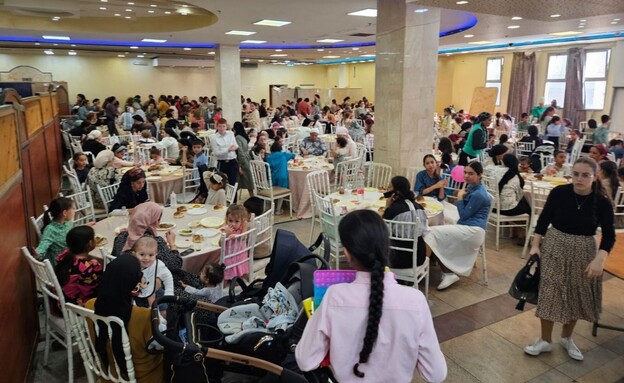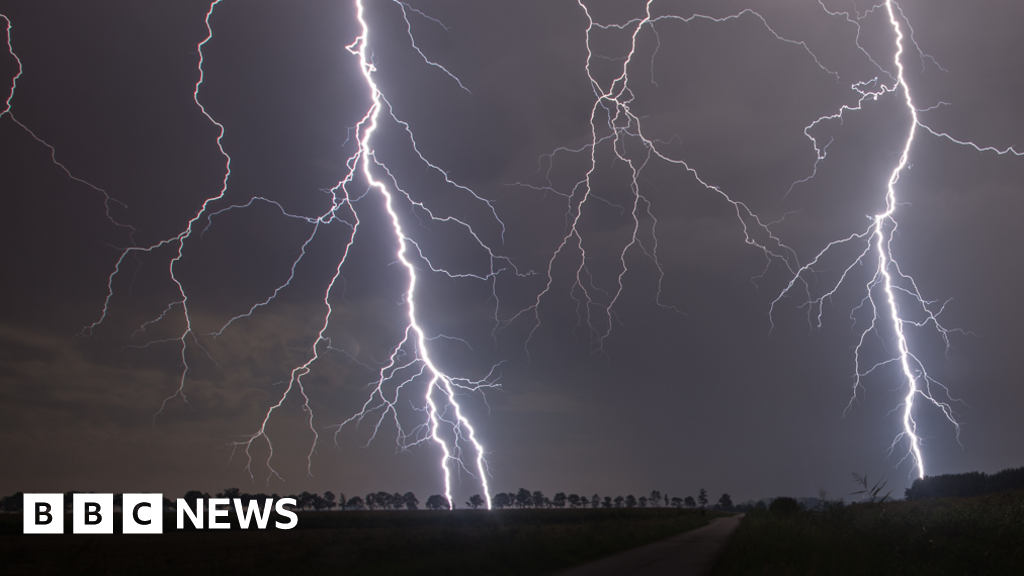Evacuees are facing a range of challenges as they struggle to adapt to life in hotels after the October 7 disaster. According to reports from resilience coordinators, older individuals who have lost their homes are experiencing difficulties in adjusting to this new way of living, while couples are requesting separate rooms, which could lead to further separations.
Small business owners who have been unemployed for over six months are also struggling emotionally due to uncertainty and a lack of purpose. Other challenges faced by evacuees include single parents coping with unique difficulties, children engaging in risky behaviors due to the lack of structure, and a lack of continuous educational responses that cause issues among youth.
Despite these challenges, efforts to provide support and counseling have been effective in improving evacuees’ moods. Therapeutic techniques such as relaxation and breathing exercises, as well as referrals for appropriate treatments, are being utilized. Family and couple therapies are also in high demand, especially among women. Associations and therapeutic groups have been successful in providing youth with a sense of community and structure.
Medical concerns have also emerged among evacuees, including an increase in stress, anxiety, depression reported. Physical symptoms such as headaches, joint pain, difficulty sleeping have been noted along with worsened chronic conditions due to a lack of consistent medical care. Older individuals experience unique difficulties related to trauma and loneliness.
As evacuees prepare to return home after the October 7 disaster, fears of recurrence of traumatic events remain prevalent. Professionals continue to provide tools and support for individuals express their feelings effectively cope with complex situations



